For the first time, an enzyme capable of severing the tough bonds between silicon and carbon in common siloxanes, or silicones, has been developed by researchers. This marks a significant stride towards making these persistent chemicals biodegradable.
Nature is an amazing chemist, and her repertoire now includes breaking bonds in siloxanes previously thought to evade attack by living organisms,
Frances Arnold, a Nobel laureate and professor at Caltech, along with her team, including Dimitris Katsoulis from Dow Inc., employed directed evolution to engineer this groundbreaking enzyme. The enzyme’s creation, highlighted in the journal Science, suggests that in the future, siloxanes could potentially be broken down biologically, either through natural adaptation or through the application of lab-enhanced enzymes in treating environmental contaminants.
Siloxanes, found in numerous products across various industries, are known for their durable silicon-oxygen and silicon-carbon bonds, the latter being particularly resistant to degradation. The collaborative effort between Arnold and Katsoulis aimed to accelerate the breakdown of these bonds, building on previous successes in synthesizing them through biological means. Utilizing directed evolution, a method akin to selective breeding, the team evolved a bacterial enzyme, cytochrome P450, to incrementally increase its ability to attack these bonds. Despite challenges such as the leaching of plastic by siloxane molecules during testing, the team succeeded in enhancing the enzyme’s performance through successive mutations and screenings.
The engineered enzyme facilitates the cleavage of silicon-carbon bonds by first oxidizing the attached methyl groups, transforming them into more reactive forms. This breakthrough draws parallels to the discovery of a plastic-degrading enzyme and opens new avenues for the biodegradation of siloxane compounds. Funded by Dow and the National Science Foundation, this study, titled “Directed evolution of enzymatic silicon-carbon bond cleavage in siloxanes,” features contributions from various researchers at Caltech and Dow, setting a precedent for future environmental remediation efforts.
The original story can be read here.
The original research article can be found here.

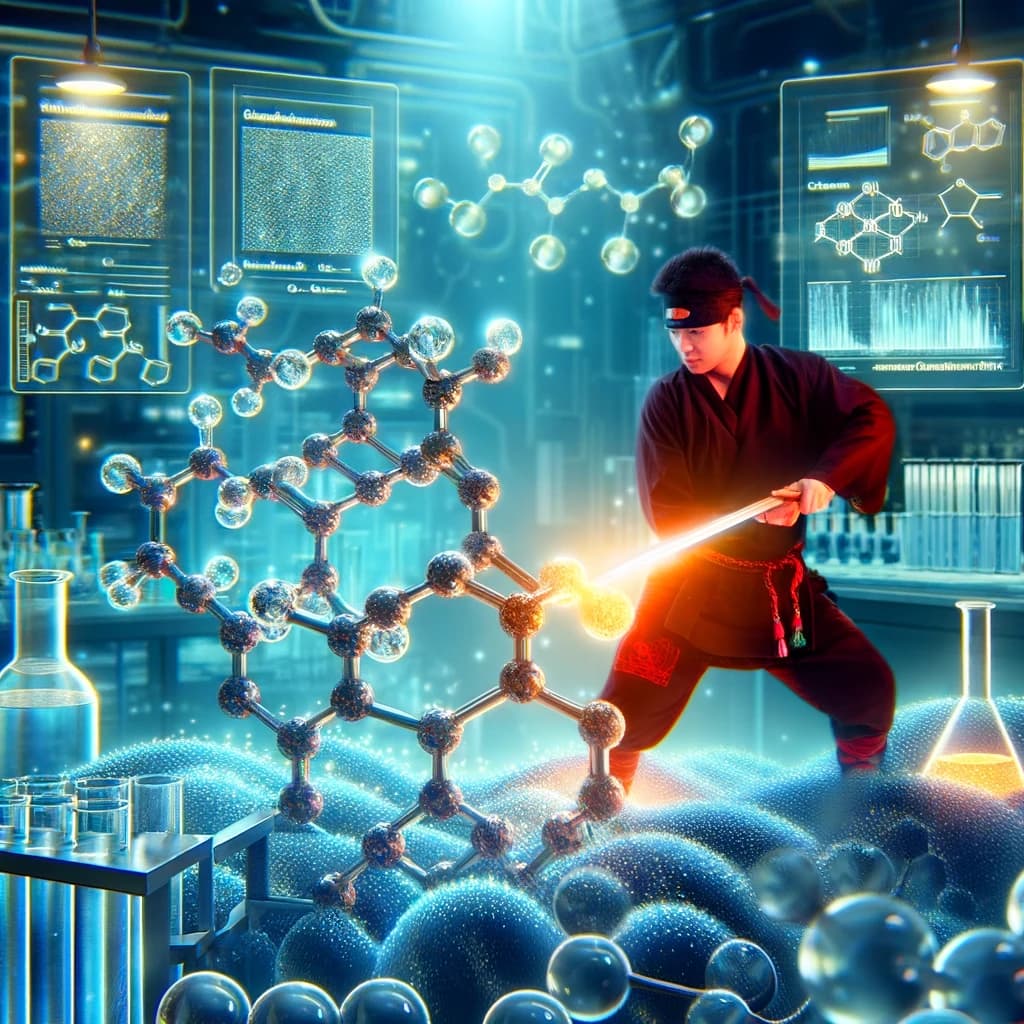



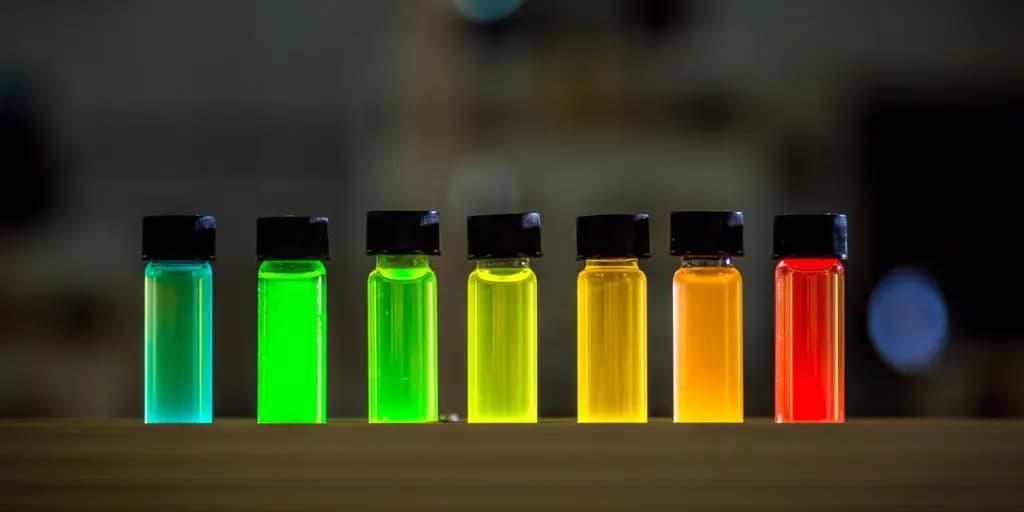

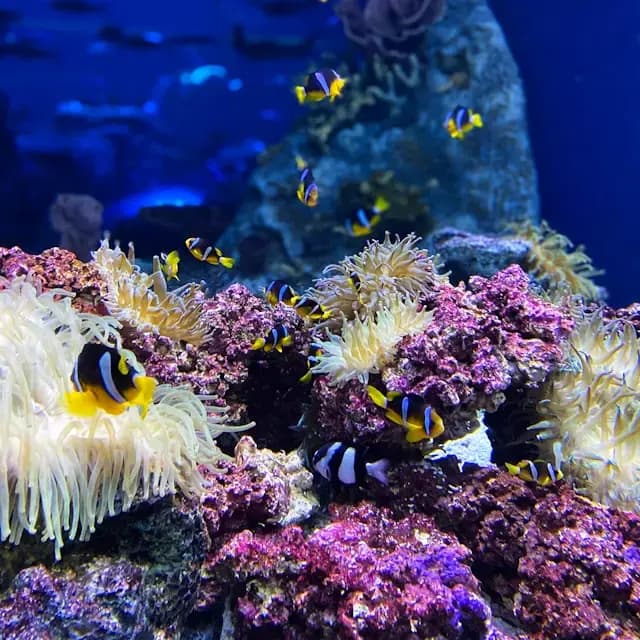

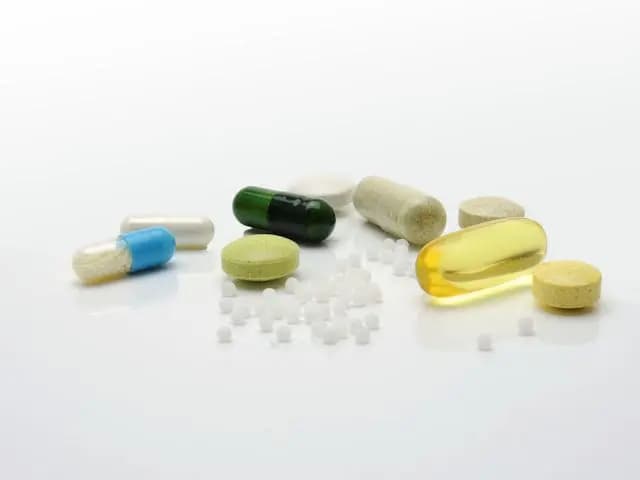
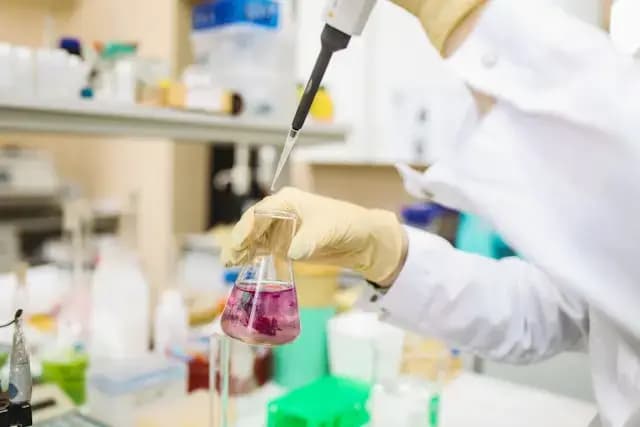

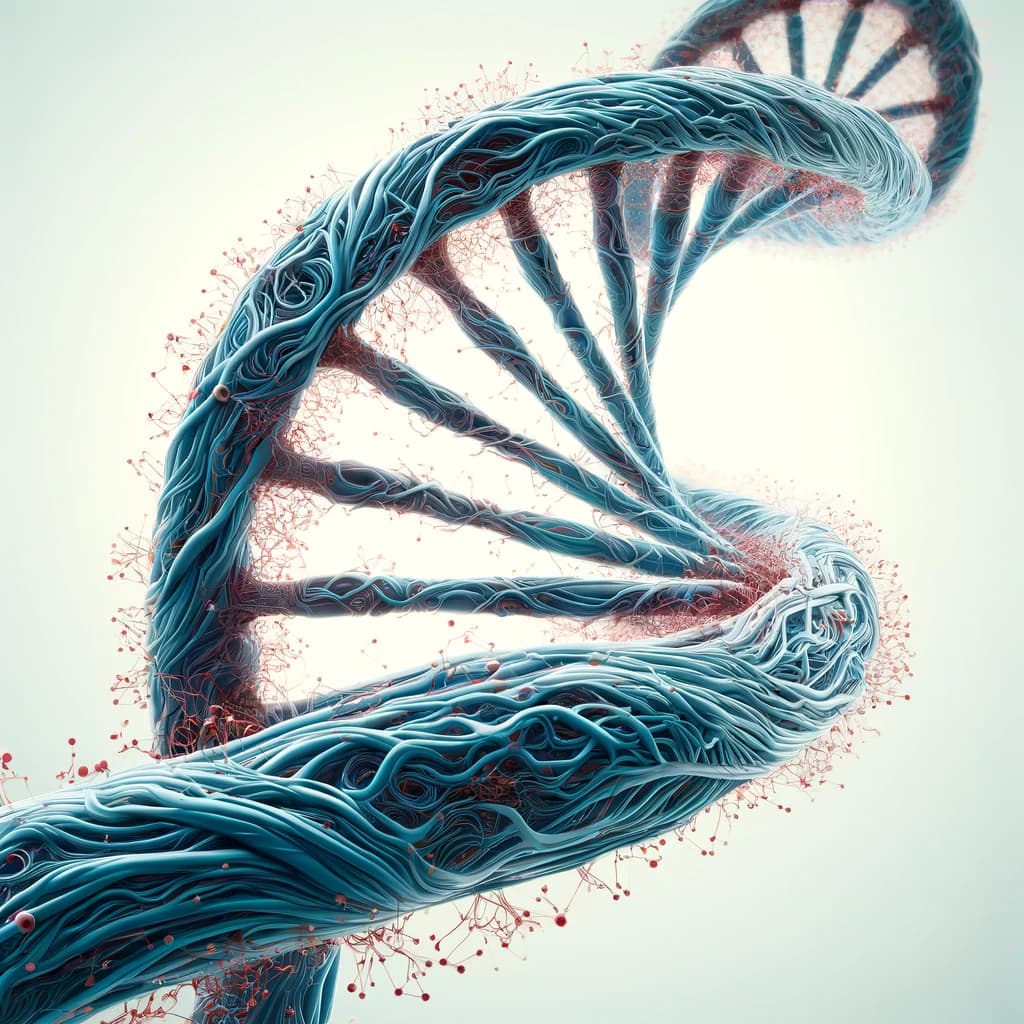
Responses (0 )